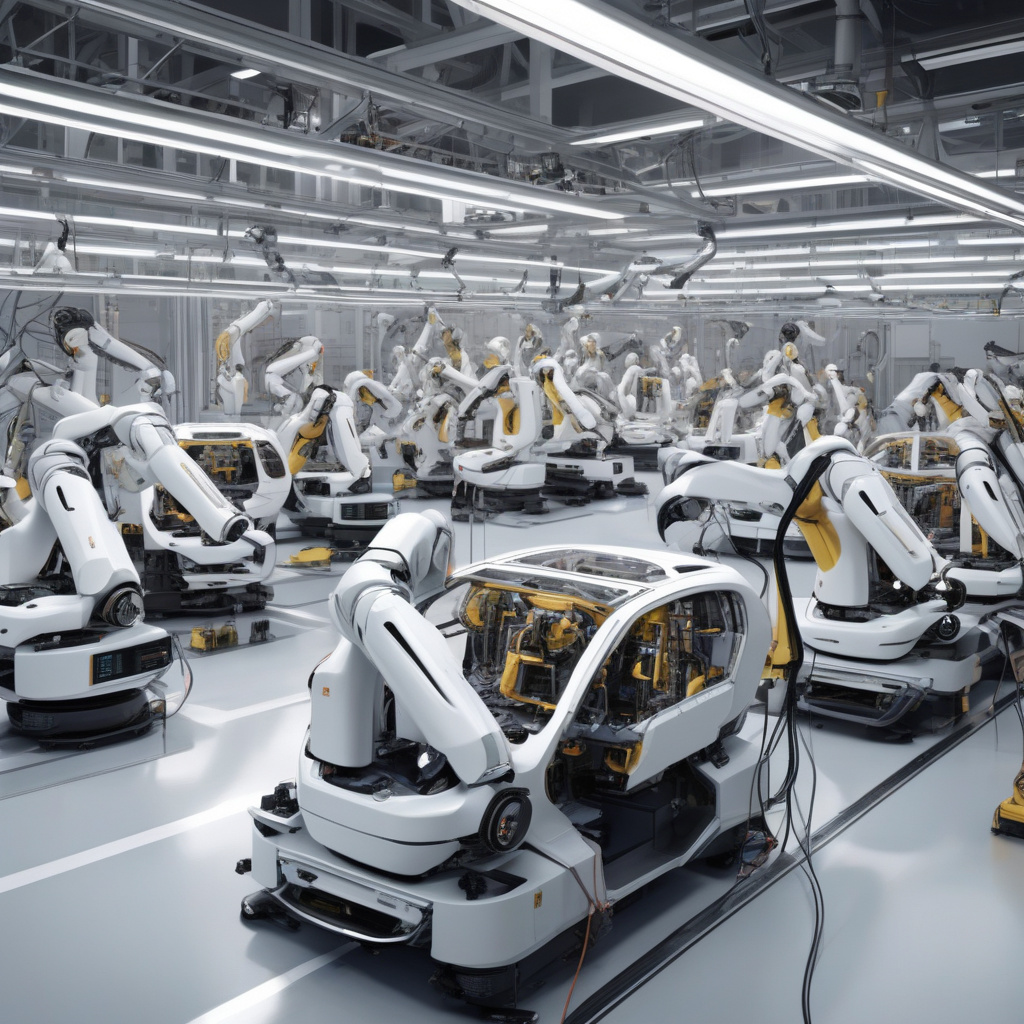Robot Takeover: Honda Slashes 30% Workforce, Automates Production at Chinese EV Plant
Honda is all in on automation and artificial intelligence and aims to transform its EV production by slashing its workforce by 30% and implementing cutting-edge robotic technologies at its Chinese plant. This bold move signifies a significant shift in the automotive industry towards embracing automation to streamline processes, increase efficiency, and reduce costs.
By integrating robots into its production lines, Honda is setting a new standard for innovation in the manufacturing sector. These robots are equipped with advanced AI capabilities, allowing them to perform complex tasks with precision and speed. As a result, the need for human intervention in the production process is significantly reduced, leading to a leaner workforce.
One of the key advantages of automation in the EV production sector is the ability to ramp up production volumes while maintaining consistent quality standards. Robots can work around the clock without the need for breaks, ensuring continuous output and minimal downtime. This increased efficiency translates to higher output levels and ultimately, a more competitive position in the market.
Moreover, automation enables companies like Honda to reallocate human resources to more strategic and creative roles within the organization. Employees who were previously engaged in repetitive and labor-intensive tasks can now focus on higher-value activities such as research and development, design, and innovation. This not only enhances job satisfaction but also drives overall business growth through enhanced product development and customer satisfaction.
While the integration of robots may lead to job displacement in the short term, it also opens up new opportunities for upskilling and reskilling the workforce. By investing in training programs that equip employees with the necessary skills to work alongside robots, companies can create a more versatile and adaptable workforce capable of meeting the demands of a rapidly evolving industry.
Honda’s decision to automate production at its Chinese EV plant reflects a broader trend towards digital transformation in manufacturing. Companies that fail to adopt automation risk falling behind competitors who leverage technology to drive operational excellence and innovation. As such, embracing automation is not just a strategic choice but a necessity for survival in an increasingly competitive market.
In conclusion, Honda’s move to slash its workforce and automate production at its Chinese EV plant underscores the transformative power of technology in the automotive industry. By harnessing the capabilities of robots and AI, companies can achieve higher levels of efficiency, productivity, and innovation, paving the way for a more sustainable and competitive future in the EV market.
#Honda #Automation #EVProduction #Robotics #Innovation












